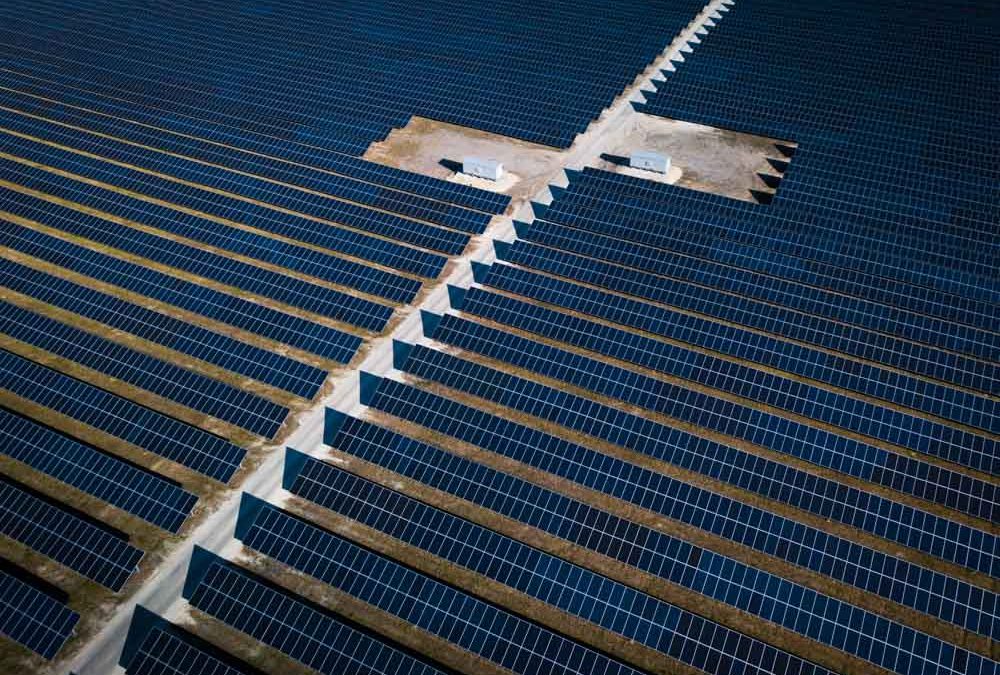Business owners of all kinds request drone photos or videos of their business, buildings, or operations. We’ve worked with farms, real estate agents, homeowners, tourism agencies, hotels, music festivals, government agencies and everything in between.
Sometimes they want it to promote property for sale, or to give their customers a unique view of their operations. If you’re a business owner who’s looking for aerial photos or videos, you’ll want to keep reading. You should be aware of a few regulations about drones that might surprise you. For ANY commercial related flights (even if it’s just a photo to promote yourself on Facebook), your pilot needs to be licensed with the FAA. If there’s money involved, this is non-negotiable.
What does it mean to be a licensed pilot? Well, you may be surprised to learn that drones aren’t that far off from other aircraft. They all share the same sky, so a drone pilot may not need to know how to fly an airliner jet, but they need to know how coexist in the same airspace. The test that pilots have to take is similar to someone learning to fly a small plane, (think Cessna).
To be prepared for this test, pilots typically undergo weeks of training, learning how things such as weather and military operations can affect a simple drone flight. It’s not as easy as looking up and seeing if there’s a plane nearby, you need to be aware of local airports, hospitals, and even prisons!
Once a pilot is ready to take their test, they have to visit a testing location, usually at their local airport or FAA branch. Once they pass, they’ll be referred to the FAA where the process of issuing an official Airmen’s Certificate begins. Yes, a licensed drone operator WILL have a physical ID, issued by the FAA, that also needs to be recertified every 2 years. This is to ensure that pilots have a continuing understanding of new airspace designations and changes within the FAA’s regulations.
Many people wonder why exactly these tests and licenses are even necessary, and it really comes down to safety. By having undergone the training, you are knowledgeable about emergency procedures, and are prepared for a variety of situations. What happens if you’re 350 feet AGL and a gust of wind from the SE sends you careening into Class A airspace, all the while a flock of birds is swooping to attack your drone, and you’re just trying to get a shot of some waterfront real estate? This is a situation where a hobbyist or an amateur pilot may become overwhelmed, but a professional has been trained for.
One more advantage that licensed operators have over their hobbyist counterparts is insurance. Typical policies for drone operations START at $1,000,000 in coverage, since weather and other factors are often unpredictable. Here in Florida, the weather can change drastically at the drop of a hat, which can result in less than optimal results. An insured pilot is covered for any scenario you may find yourself in. An amateur pilot in the case of an accident will actually have the responsibility shifted upon the business owner or employer in most cases.
When it comes down to deciding to hire a professional pilot, or a local hobbyist, the choice is pretty clear. If you want to follow the law, and be protected in the case of any accident, a hobbyist pilot is not the right move. At Do Good Media, we have two licensed operators, a fleet of highly sophisticated drones, and hundreds of hours of relevant flight experience.

